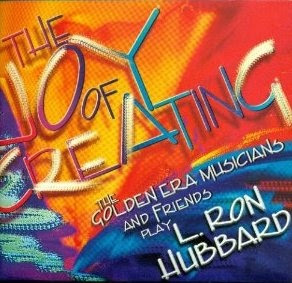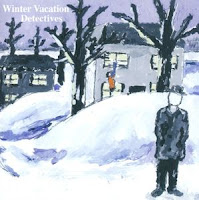In 1951, music publisher Duchess Music Corporation created this photograph of Rosemary Clooney to help promote her version of "Come On-a My House," which became a #1 pop hit that year.
The photo shows Clooney with all the items that are mentioned in the song. In the lyrics, a woman entices a man by offering candy, apples, plums, apricots, figs, dates, grapes, cakes, a Christmas tree, a marriage ring, a pomegranate, and, finally, "everything."
 |
| William Saroyan, Ross Bagdasarian, and George Cates. |
Saroyan and Bagdasarian wrote the song for an off-Broadway musical called The Son, in which it was sung from the viewpoint of an Armenian immigrant boy. That explains the accent in Clooney's version. The original version wasn't quite as suggestive as Clooney's. In the musical, the boy sings to a girl and says that if she'll come to his house, he'll make her his wife, but Clooney offers "everything."
Tony Bennett, in his autobiography The Good Life, says that Clooney expressed doubt
that people would understand the song, but producer Mitch Miller said, “If you
don’t want to sing this song, don’t show up at the session tomorrow, or ever
again.” So Clooney agreed to record the song, and in less than a month, it had sold
300,000 copies. Nevertheless, Clooney hated it and said that she could hear the anger in her voice from being forced to record it. Listen here and see if you agree.
Robert Q. Lewis recorded an answer song, “Where’s-A Your
House?.” that was a minor hit in 1951.

























